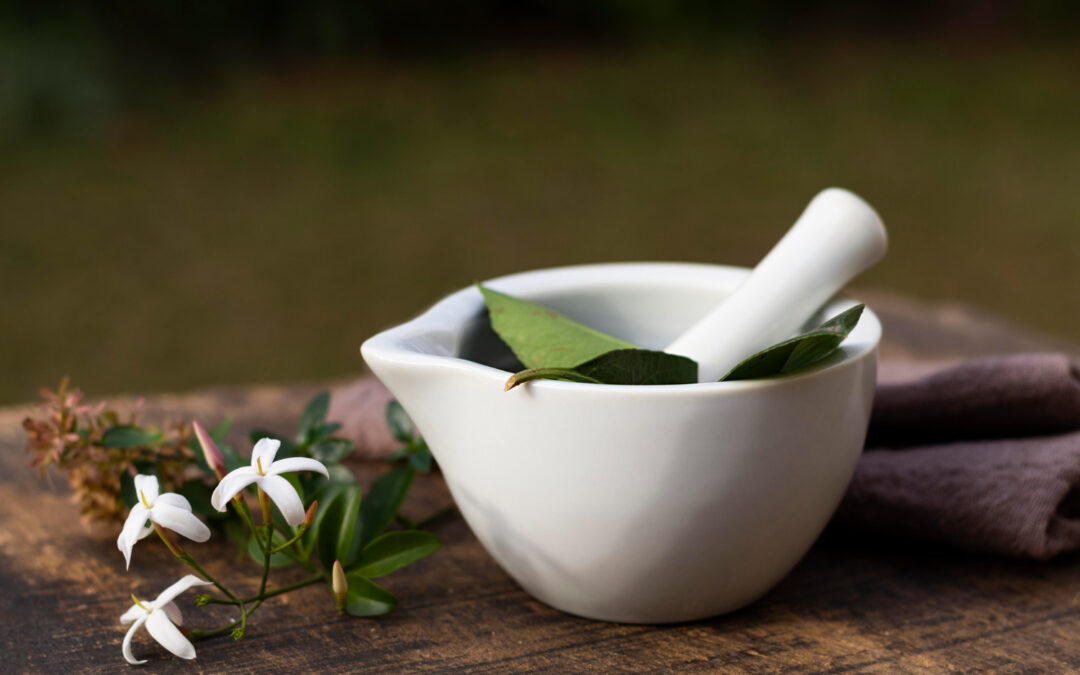Piles, fistula, and fissure are common medical conditions affecting the anal region, often causing discomfort and pain. Piles, also known as hemorrhoids, occur when the blood vessels in the rectum and anus become swollen and inflamed. Fistula is an abnormal tunnel-like passage that forms between the rectum and the skin around the anus, while fissure refers to a small tear in the lining of the anus.
In the realm of alternative medicine, Ayurveda offers a holistic approach to treating these conditions, focusing on restoring balance to the body and promoting overall well-being. Ayurvedic treatment for piles and fissure involves a combination of herbal remedies, dietary modifications, lifestyle changes, and therapeutic practices tailored to individual needs. Ayurvedic practitioners believe that imbalances in the body’s doshas, or energies, contribute to the development of piles, fistula, and fissure. By addressing these imbalances through Ayurvedic therapies, such as herbal medicines and Panchakarma detoxification procedures, patients can experience relief from symptoms and promote healing naturally.
Understanding Piles, Fistula, and Fissure
Piles, fistula, and fissure are common rectal conditions that can cause discomfort and inconvenience to sufferers. Piles, also known as hemorrhoids, occur when the blood vessels around the anus and rectum become swollen and inflamed, leading to pain, itching, and sometimes bleeding during bowel movements. Fistula is an abnormal tunnel-like passage that forms between the anal canal and the skin near the anus, often resulting from an untreated or recurrent abscess. Fissure, on the other hand, refers to a small tear or cut in the lining of the anus, causing pain and bleeding, particularly during bowel movements.
Symptoms of these conditions include pain, itching, swelling, and bleeding in the anal area. Causes can vary from straining during bowel movements, chronic constipation or diarrhea, to genetic predispositions and lifestyle factors.
Traditional medical treatments and their limitations
Traditional medical treatments for piles, fistula, and fissure include over-the-counter medications, topical creams, and surgical procedures like hemorrhoidectomy or fistulotomy. However, these treatments may have limitations such as recurrence, potential side effects, and invasive procedures.
In contrast, Ayurvedic treatment for piles and fissure offers a holistic approach that focuses on addressing the root cause of the condition, promoting natural healing, and preventing recurrence. Ayurvedic remedies often include herbal medicines, dietary modifications, lifestyle changes, and specialized procedures like Kshar Sutra therapy for fistula.
Ayurvedic Principles and Treatment
Ayurveda, an ancient healing system originating from India, embodies a holistic approach to health that considers the interconnectedness of the mind, body, and spirit. This traditional practice emphasizes the importance of balance and harmony within the body to achieve optimal well-being. When it comes to conditions like piles, fistula, and fissure, Ayurveda offers a comprehensive understanding and treatment approach.
Ayurvedic philosophy views piles, fistula, and fissure as manifestations of imbalances in the body’s doshas, particularly Vata and Pitta. These imbalances can result from poor dietary habits, sedentary lifestyle, and psychological factors like stress. Ayurvedic treatment for these conditions aims to restore balance by addressing the root cause rather than just alleviating symptoms.
Key principles and practices in Ayurvedic treatment
Key principles of Ayurvedic treatment for piles, fistula, and fissure include dietary modifications, herbal remedies, lifestyle changes, and therapeutic practices like yoga and meditation. Herbal formulations containing ingredients like Triphala, Haritaki, and Guggulu are commonly used to promote digestion, reduce inflammation, and improve bowel movements.
Ayurvedic treatment for piles and fissures offers a natural and sustainable approach to healing, focusing on restoring balance and promoting long-term wellness
Herbal Remedies and Dietary Suggestions
In Ayurvedic piles treatment and the management of fissures, herbal remedies play a pivotal role in alleviating symptoms and promoting healing. Among the most commonly used herbs is Triphala, a blend of three fruits known for its gentle laxative properties, aiding in smooth bowel movements essential for both conditions. Additionally, herbs like Haritaki and Amla are renowned for their anti-inflammatory and wound-healing properties, assisting in reducing swelling and promoting tissue repair.
Alongside herbal remedies, dietary modifications are crucial in supporting the healing process and preventing recurrence. A fiber-rich diet, comprising fruits, vegetables, whole grains, and legumes, helps regulate bowel movements and prevents constipation, a common aggravating factor for piles and fissures. Consuming plenty of water throughout the day ensures adequate hydration, softening stools and easing bowel movements, thereby reducing discomfort during defecation.
Moreover, incorporating foods with natural laxative properties such as prunes, figs, and flaxseeds can further aid in maintaining regularity and preventing straining. Conversely, avoiding spicy, fried, and processed foods, as well as caffeine and alcohol, can help minimize irritation to the digestive tract, promoting faster healing. By combining herbal remedies with dietary adjustments tailored to individual needs, Ayurvedic treatment for fissure and piles offers a holistic approach to healing, addressing the root causes while supporting overall digestive health.
Lifestyle Modifications and Home Care
- Lifestyle modifications play a crucial role in Ayurvedic piles treatment and the management of fissure symptoms.
- Incorporating dietary changes such as increasing fiber intake and staying hydrated can alleviate constipation, a common factor in both conditions.
- Regular exercise promotes healthy digestion and helps prevent straining during bowel movements, reducing the risk of aggravating piles and fissures.
- Stress management techniques such as yoga and meditation can aid in reducing stress-related digestive issues and promote overall well-being.
- Avoiding spicy and oily foods, which can exacerbate symptoms, is recommended in Ayurvedic treatment for fissure and piles.
- Herbal remedies like triphala and aloe vera gel may be used for topical application to soothe anal discomfort.
- Warm sitz baths with herbal infusions like neem or witch hazel can provide relief from pain and inflammation associated with piles and fissures.
- Consulting an Ayurvedic practitioner for personalized lifestyle guidance is essential for effective management and long-term relief.
Conclusion
In conclusion, Ayurveda offers a comprehensive approach to treating piles, fistula, and fissure, focusing on holistic healing. By utilizing natural herbs, dietary modifications, and lifestyle adjustments, Ayurvedic treatment aims to address the root causes of these conditions. For individuals seeking alternatives to conventional medical interventions, Ayurveda provides promising avenues for relief and recovery. As evidenced by numerous success stories and testimonials, Ayurvedic treatment for piles, fistula, and fissure has garnered attention as an effective and sustainable solution. We encourage readers to explore the options available at reputable Ayurvedic piles hospital in Nagpur and consider Ayurveda as a complementary or alternative treatment option for their condition.
For those seeking Ayurvedic treatment for piles and fissure in Nagpur, Abhyudaya hospital offers specialized care and personalized treatment plans. We combine traditional Ayurvedic wisdom with modern medical techniques to provide comprehensive care for patients seeking relief from these painful conditions.

